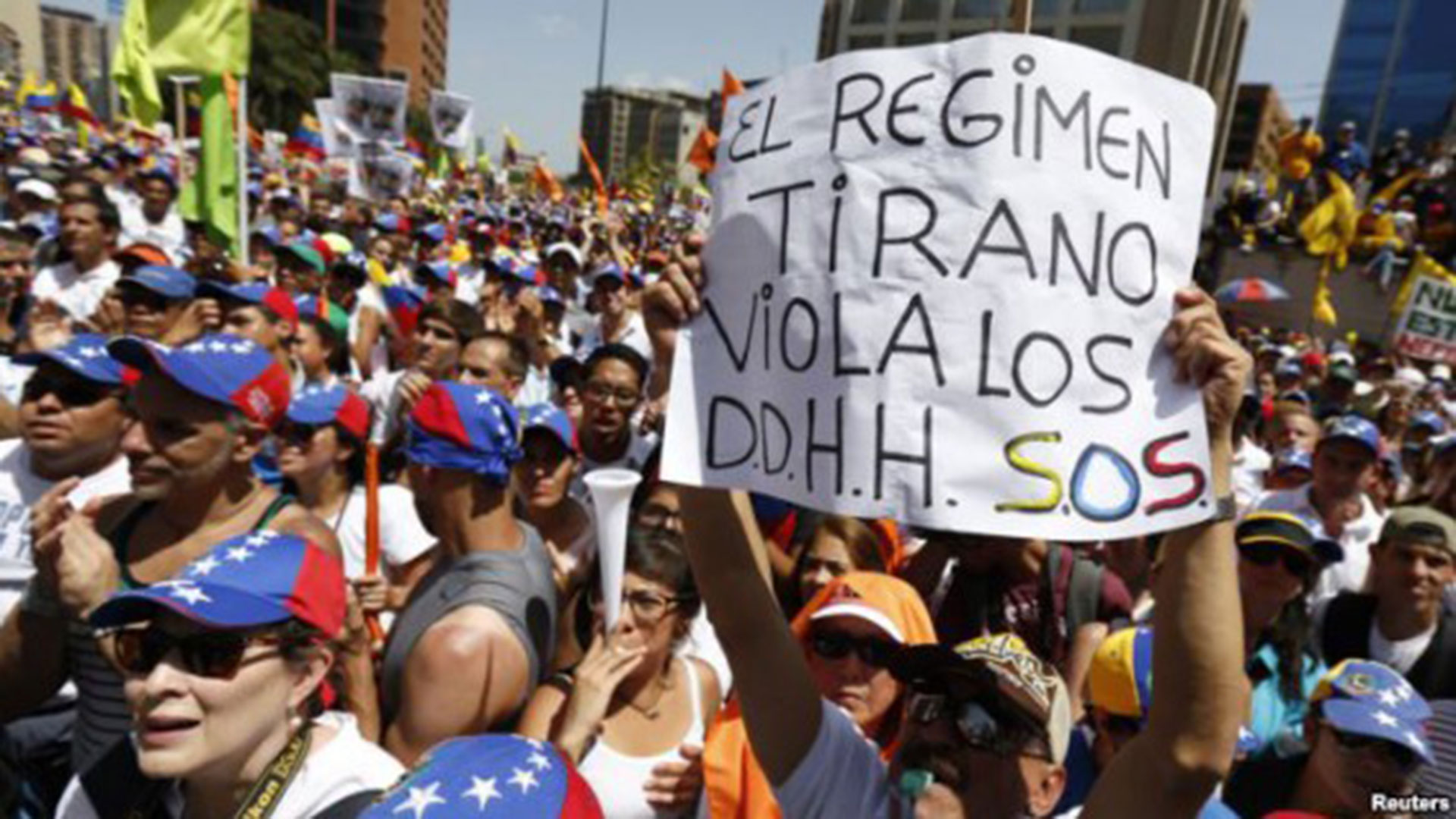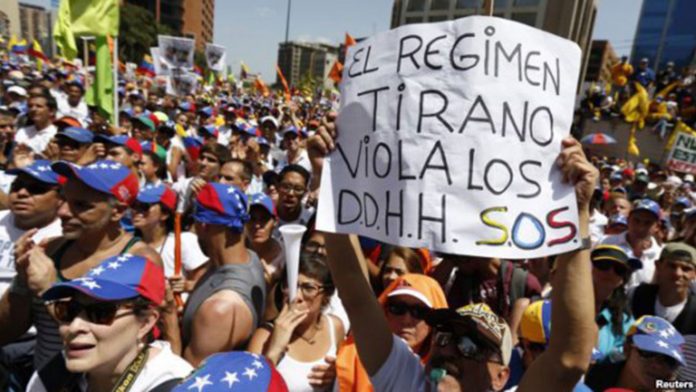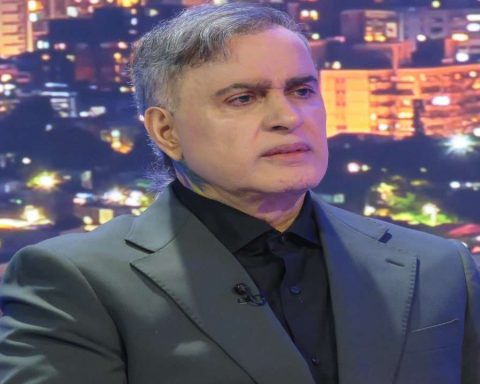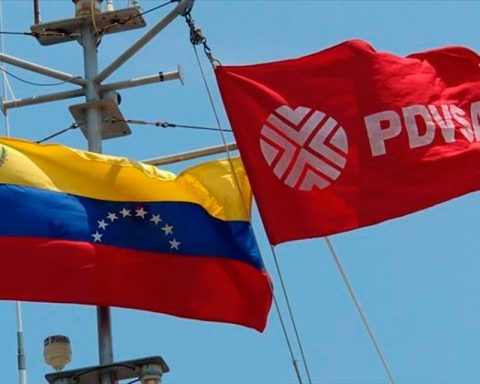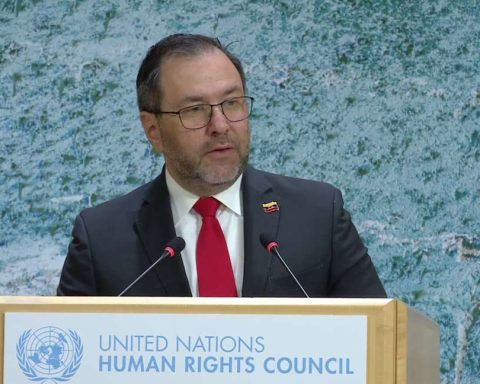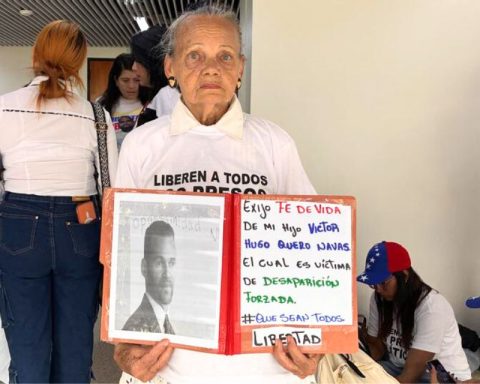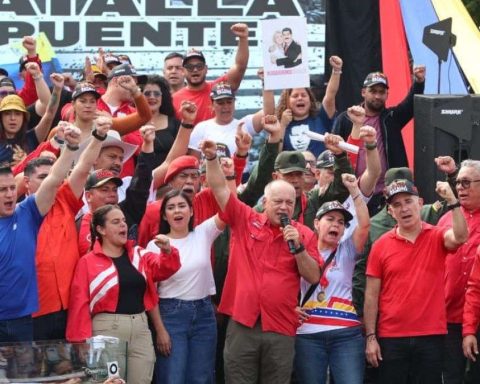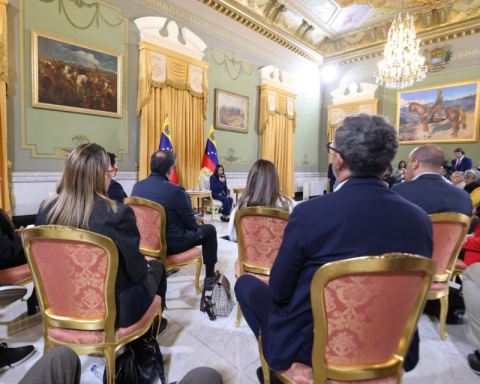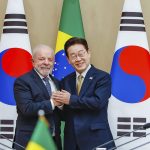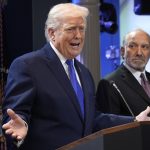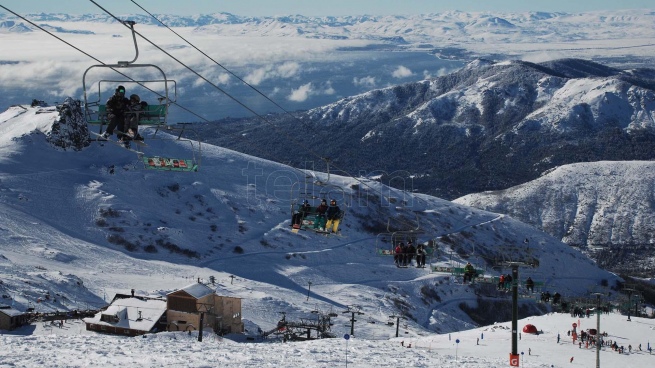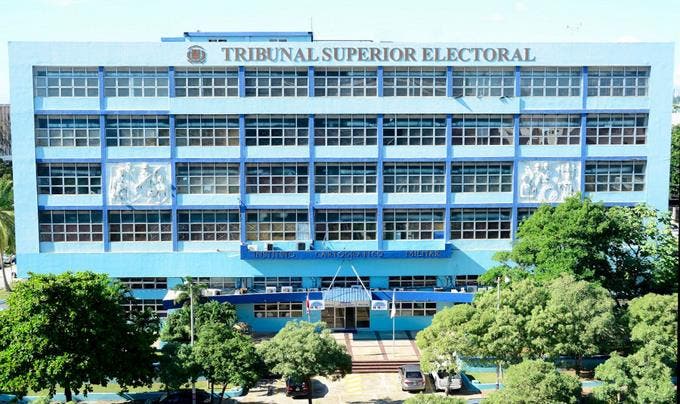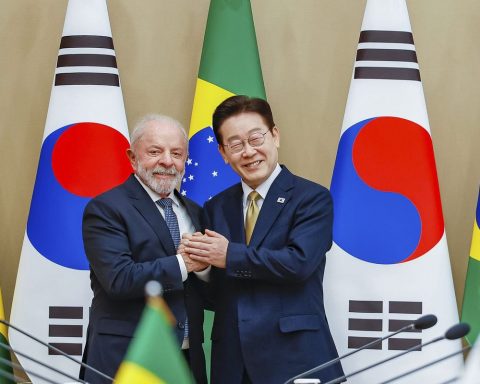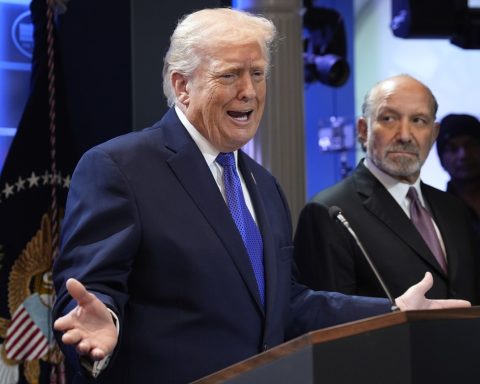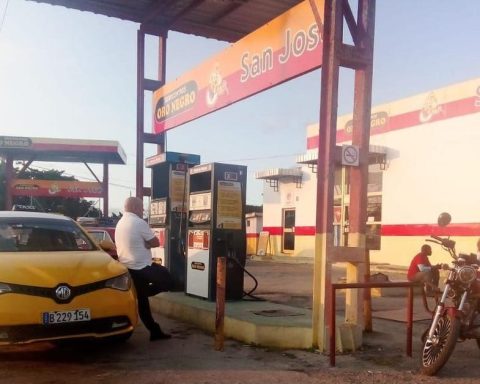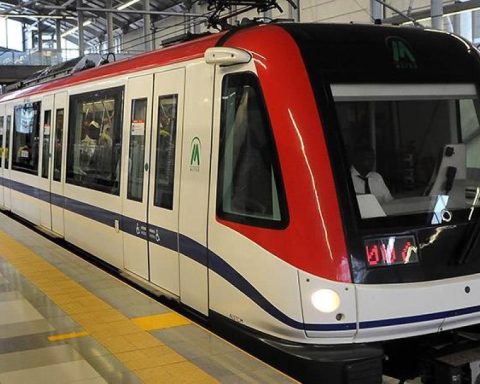The coordinator of National Understanding Frontthe economist Jesús Cabeza Castro, proposed convening a congress to make the country aware of the challenges, challenges and dignify the functions of civil society organizations and non-governmental social movements.
He assured that currently these are victims of terrorism, persecution, intimidation, disrepute and criminalization. Also, that its directors are repressed, vilified and imprisoned “by the oppressive Castro-Chavista-Madurista authoritarianism.”
In defense of democracy
He said that they deplore this situation because “it is detrimental to democracy, the rule of law, dignity, respect and social well-being of Venezuelans. This action of harassment and reprisals by the violent regime against these NGOs, their managers and social leaders, is not only applied from the spectrum of high-level officials, police forces, military and criminal groups, but also, through the creation of hateful regulations, such as the proposed National Sovereignty and Self-determination Law, Law against Hate, Administrative Ruling 001-2021, based on the Law Against Organized Crime and Terrorist Financing, and the most recent International Cooperation Law with the purpose of controlling, submitting , neutralize and destroy the effectiveness of these movements and social capital,” he said.
“Civil society has become an obstacle to the democratic struggle against Maduro’s hegemonic regime and his Bolivarian socialist project, preventing his permanence and perpetuity in Miraflores. These NGOs have been fundamental in denouncing human rights violations. This through the collection and contribution of evidentiary judgment elements to the International Criminal Court for crimes against humanity committed by the Venezuelan State. Denouncing, in addition, corruption and requesting international humanitarian aid intervened by political and socioeconomic chaos, opposed to false dialogue and negotiations of political clientelistic mercantilism, “he added.
Meeting of coexistence and reflection
Cabeza stressed that the civil society congress will be a meeting and coexistence place to reflect on the Venezuela that is present and the one that is desired: “free and sovereign, attached to the Magna Carta.”
He stressed that they will address the major problems that affect them as a nation-state, responding with a sense of belonging, commitment and responsibility for the role they must play “to achieve the transition from oppressive hegemony to democracy.”
As for challenges and challenges, suggested Cabezas, they must achieve the internal pedagogy that guarantees intellectual and economic independence. In addition to cautiously creating its relations with national, state and municipal powers. This, unifying solutions to people’s problems, overcoming hostility, working with humility in the face of challenges and avoiding sterile reductive personalisms.
